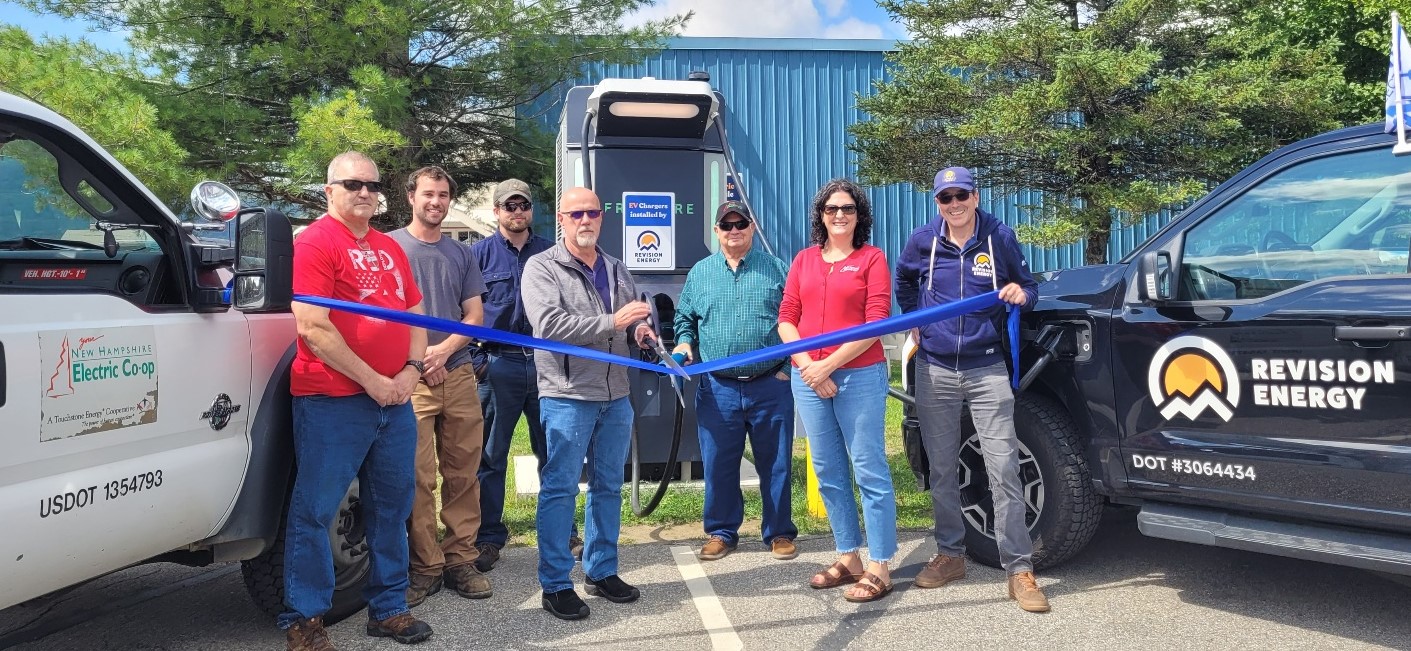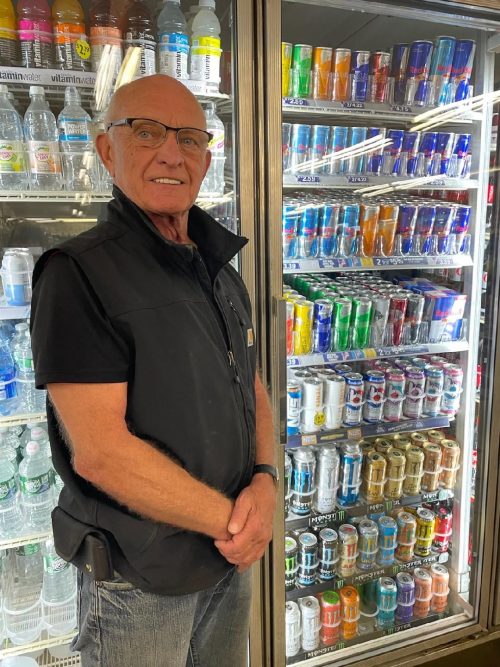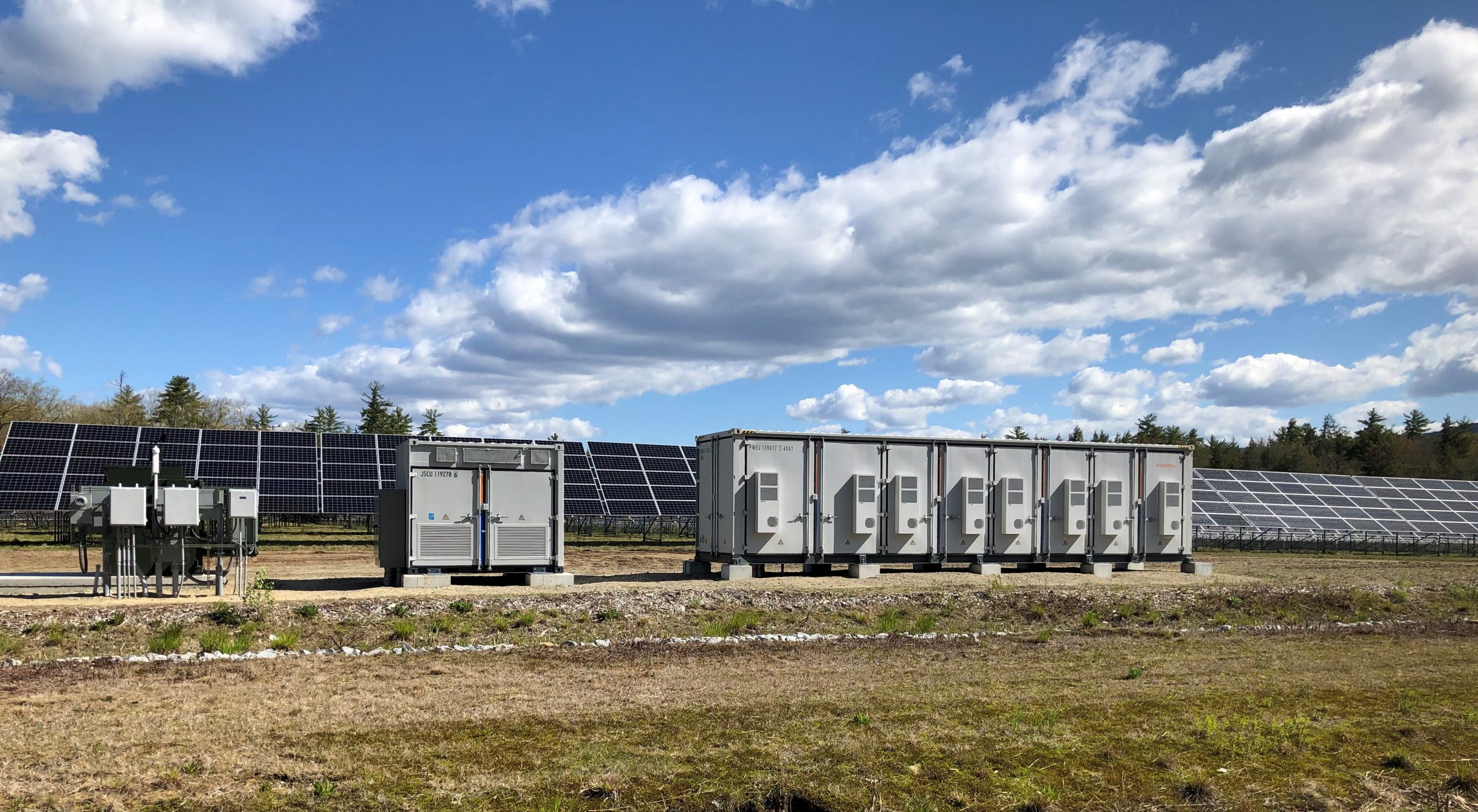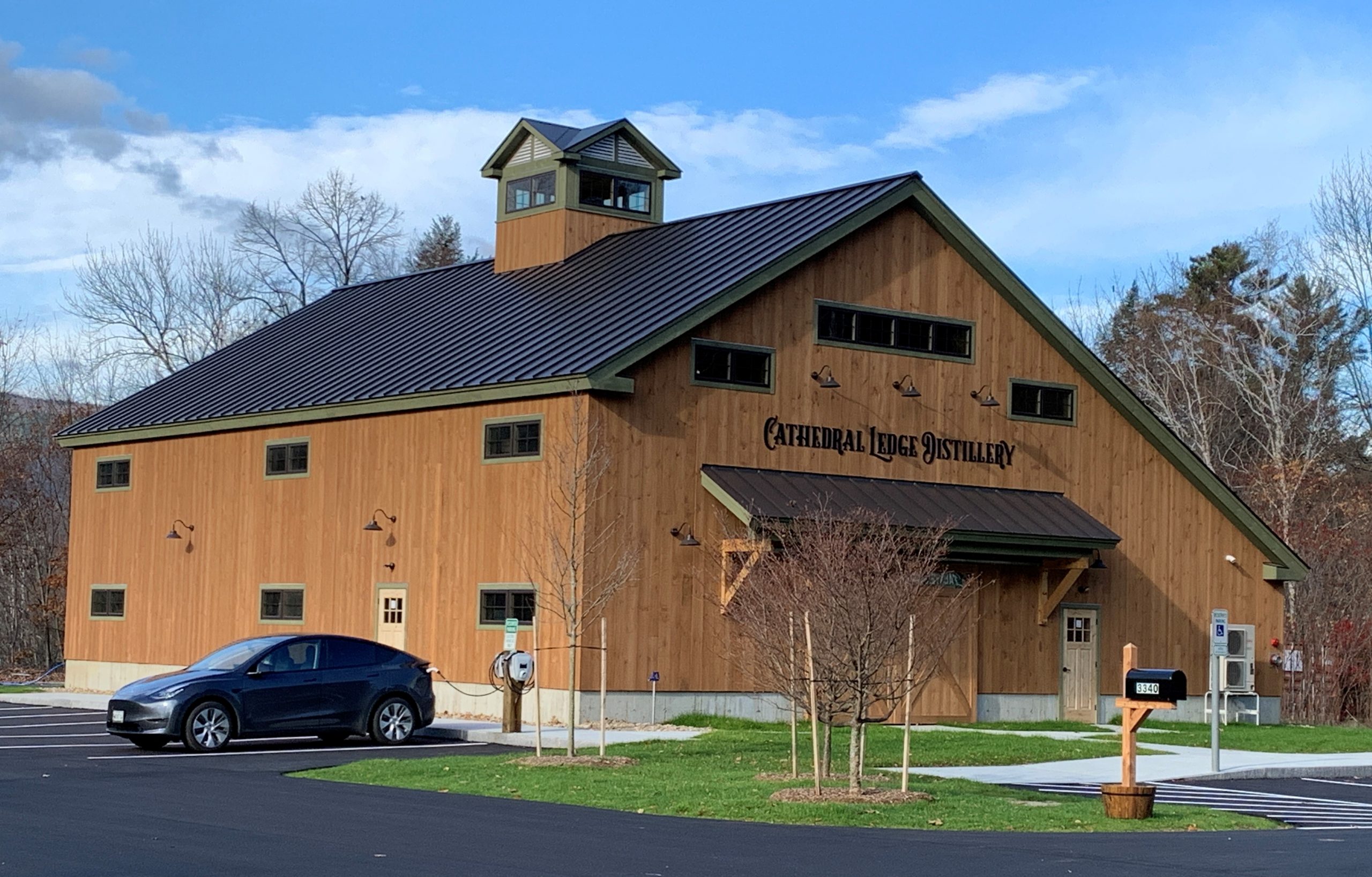Category: Energy Efficiency
-

North Country Welcomes First EV Fast Charger
COLEBROOK, NH – A new “fast charger” installed recently at LaPerle’s…
-
NHEC Offers New Renewable Energy Rate
PLYMOUTH, NH – New Hampshire Electric Cooperative (NHEC) now offers an…
-
Notice of Commencement of Adjudicative Proceeding for 2024–2026 Statewide Triennial Energy Efficiency Plan
COMMENCEMENT OF ADJUDICATIVE PROCEEDING On June 30, 2023, New Hampshire’s joint…
-
Millions in Federal Energy Efficiency Funds Coming to NH
The Inflation Reduction Act (IRA) has significant funding of almost $70…
-

Cold Cash: Energy Efficiency Pays Off for Patch’s Market
Ron Patch knows all about the cost of doing business these…
-
NHEC to Participate in Connected Community Grant
PLYMOUTH, NH – (December 2, 2021) New Hampshire Electric Cooperative (NHEC)…
-

NHEC, ENGIE Announce Completion of Battery Storage Project
PLYMOUTH, NH (May 17th, 2021) – New Hampshire Electric Cooperative (NHEC)…
-

Welcome New Member – Cathedral Ledge Distillery!
With modern energy efficiency built into its classic timber frame construction,…